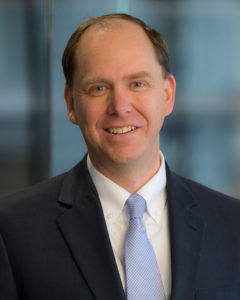Defend the Family – Donate Today!
Family Watch International is a Section 501 (c)(3) organization under the IRS code, so contributions are tax-deductible for U.S. taxpayers.
For information on making your donation by bank wire click here or email us at donate@familywatchinternational.org.






 William C. Duncan is the Senior Policy Analyst for Family Watch International. Mr. Duncan has been the director of the Marriage Law Foundation and was formerly acting director of the Marriage Law Project at the Columbus School of The Catholic University of America in Washington, D.C.
William C. Duncan is the Senior Policy Analyst for Family Watch International. Mr. Duncan has been the director of the Marriage Law Foundation and was formerly acting director of the Marriage Law Project at the Columbus School of The Catholic University of America in Washington, D.C.